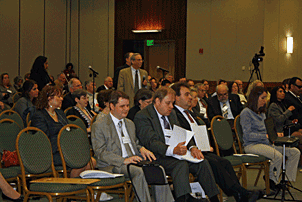Leaders in Small Groups
Due to some technical problem, we are asked to do a small presentation on the topic we are going to learn today.
There are 12 roles that is inherent in group tasks:
a) Initiator- contributor
b) Information seeker
c) Opinion seeker
d) Information giver
e) Opinion giver
f) Elaborator
g) Coordinator
h) Orienter
i) Evaluator- Critic
j) Energizer
k) Procedural technician
l) Recorder
- There are 7 roles in the process of group building and maintenance roles:
Encourager
Harmonizer
Compromiser
Gatekeeper- expediter
Standard setter
Observer/commenter
Follower
-There are 8 roles that is inherent in the individual roles in a group:
Aggressor
Blocker
Recognition seeker
Self-confessor
Playboy, playgirl
Dominator
Help seeker
Special interest pleader
How can a group has effective interaction and contribute efficiently?
-Interaction process analysis
-Ensuring effective member participation
-Establishing a leader in a group.







